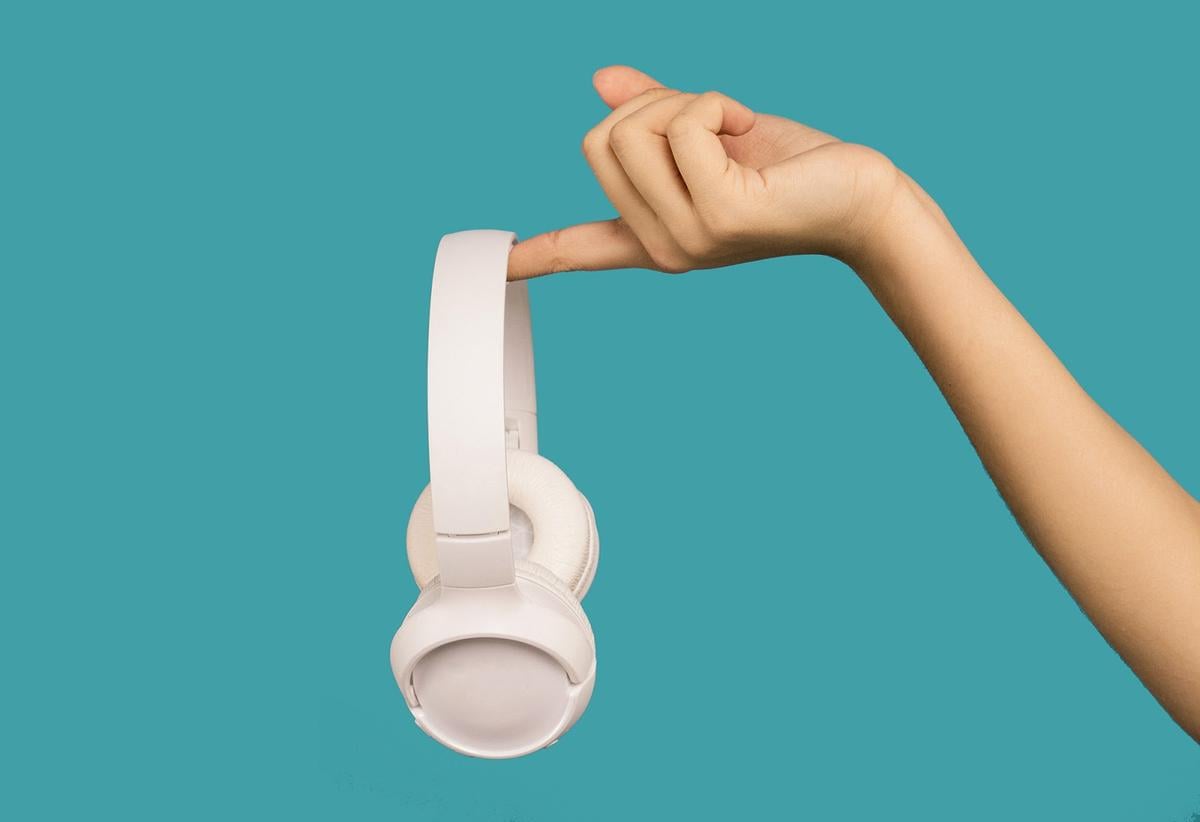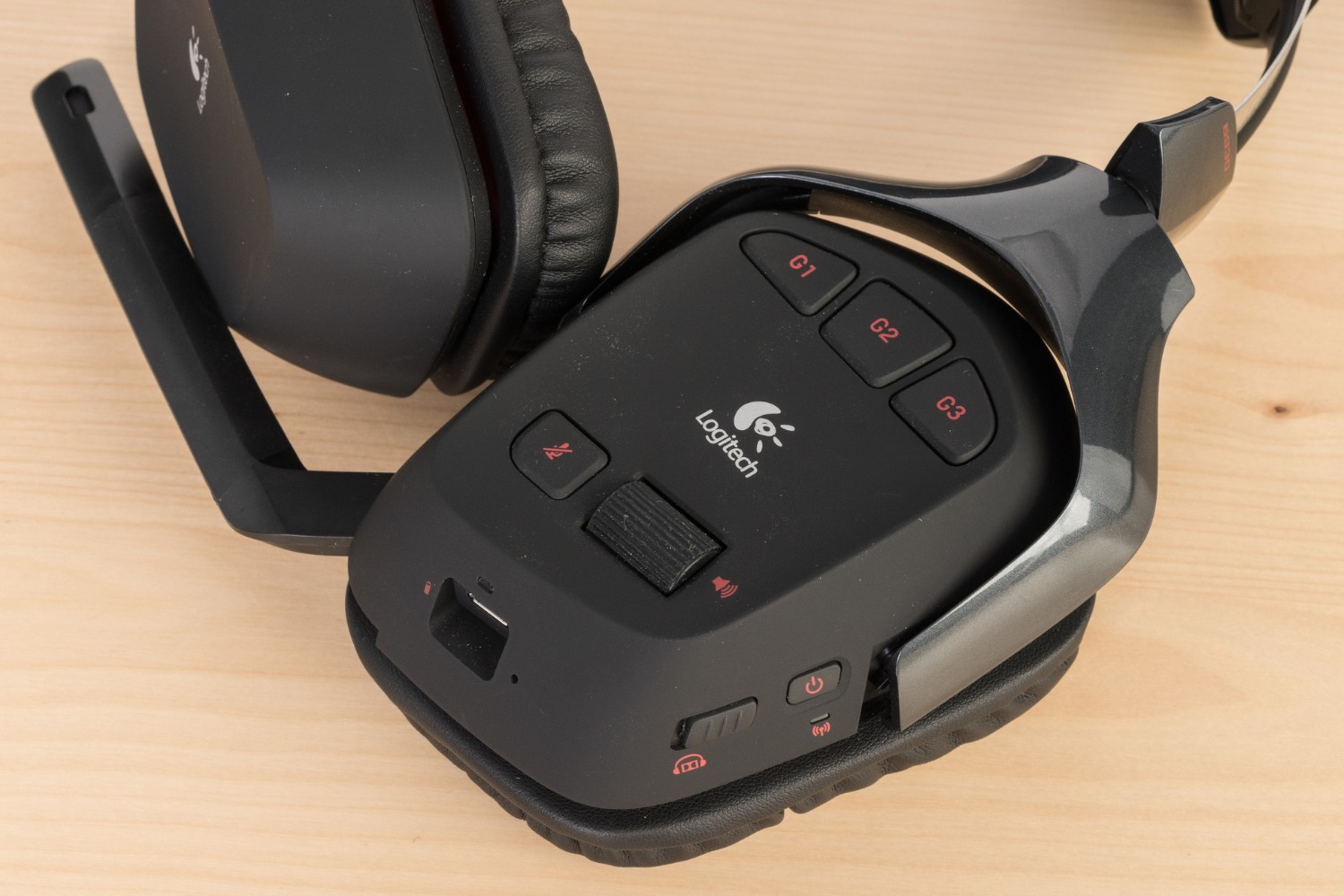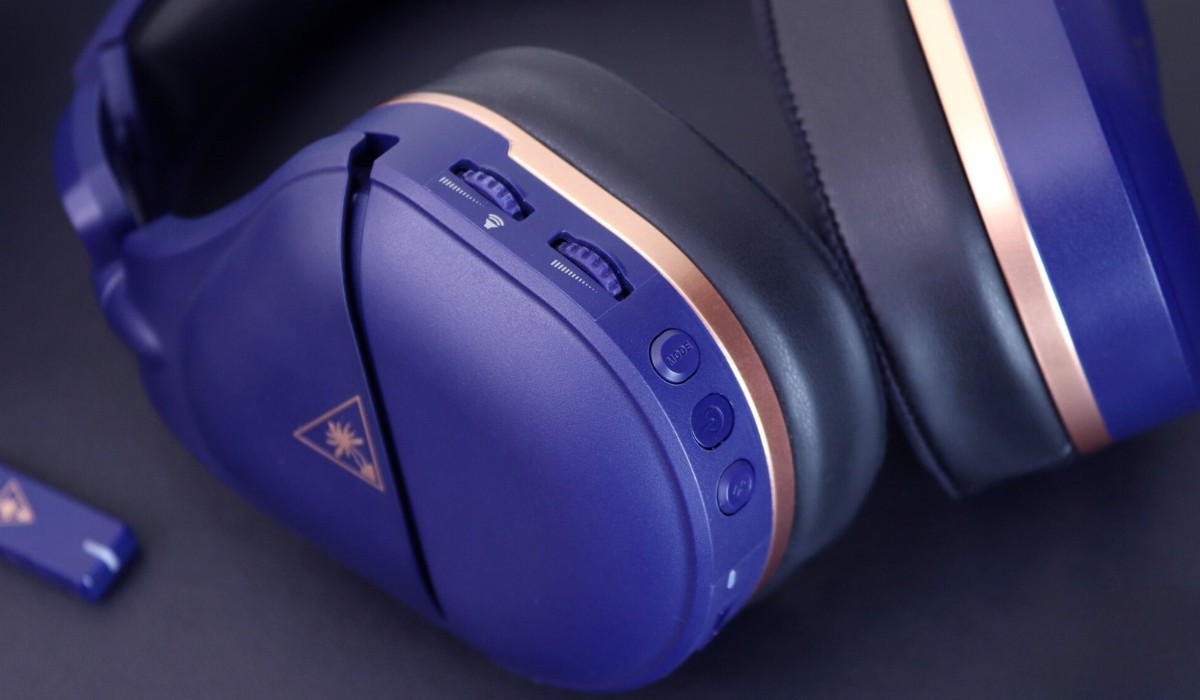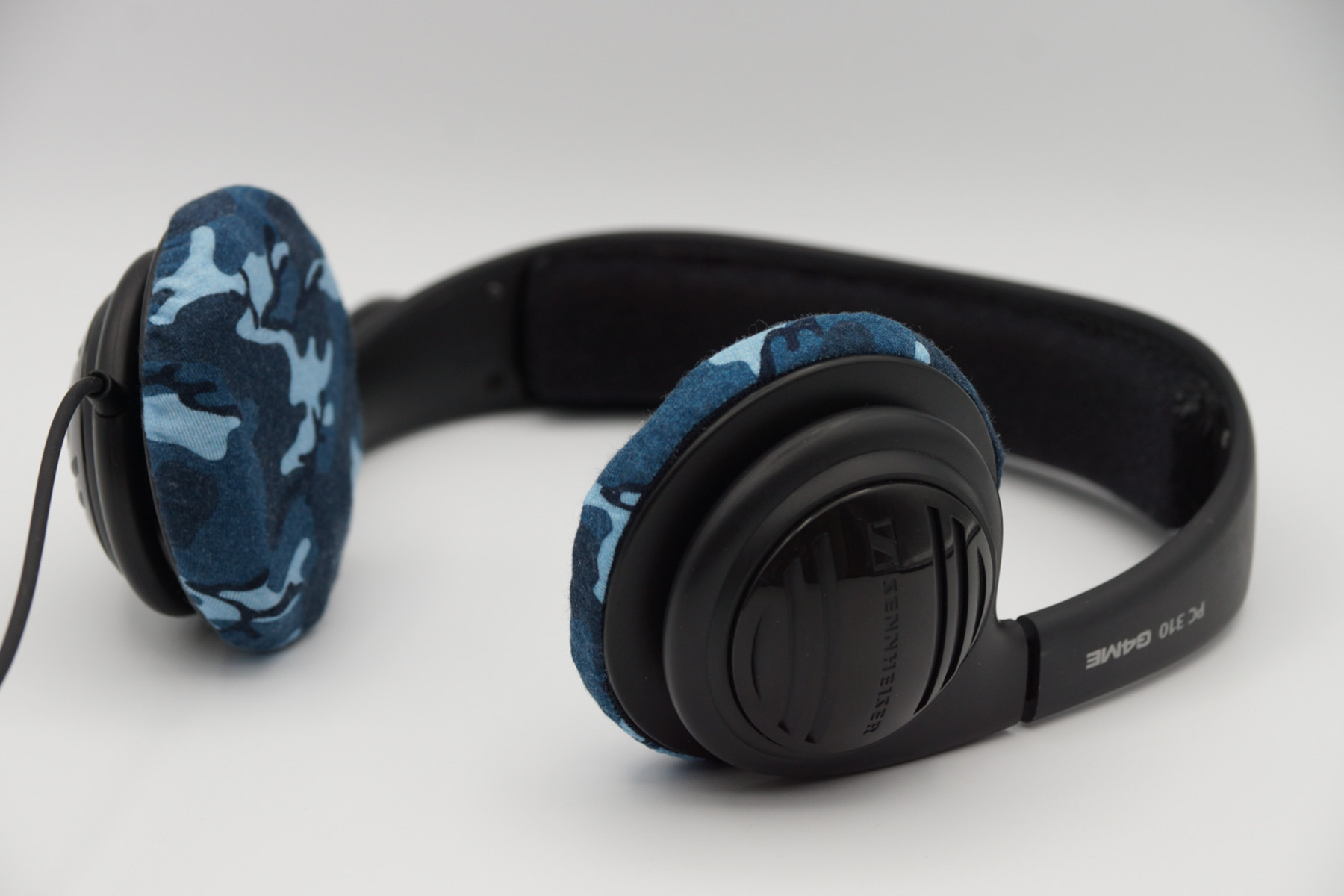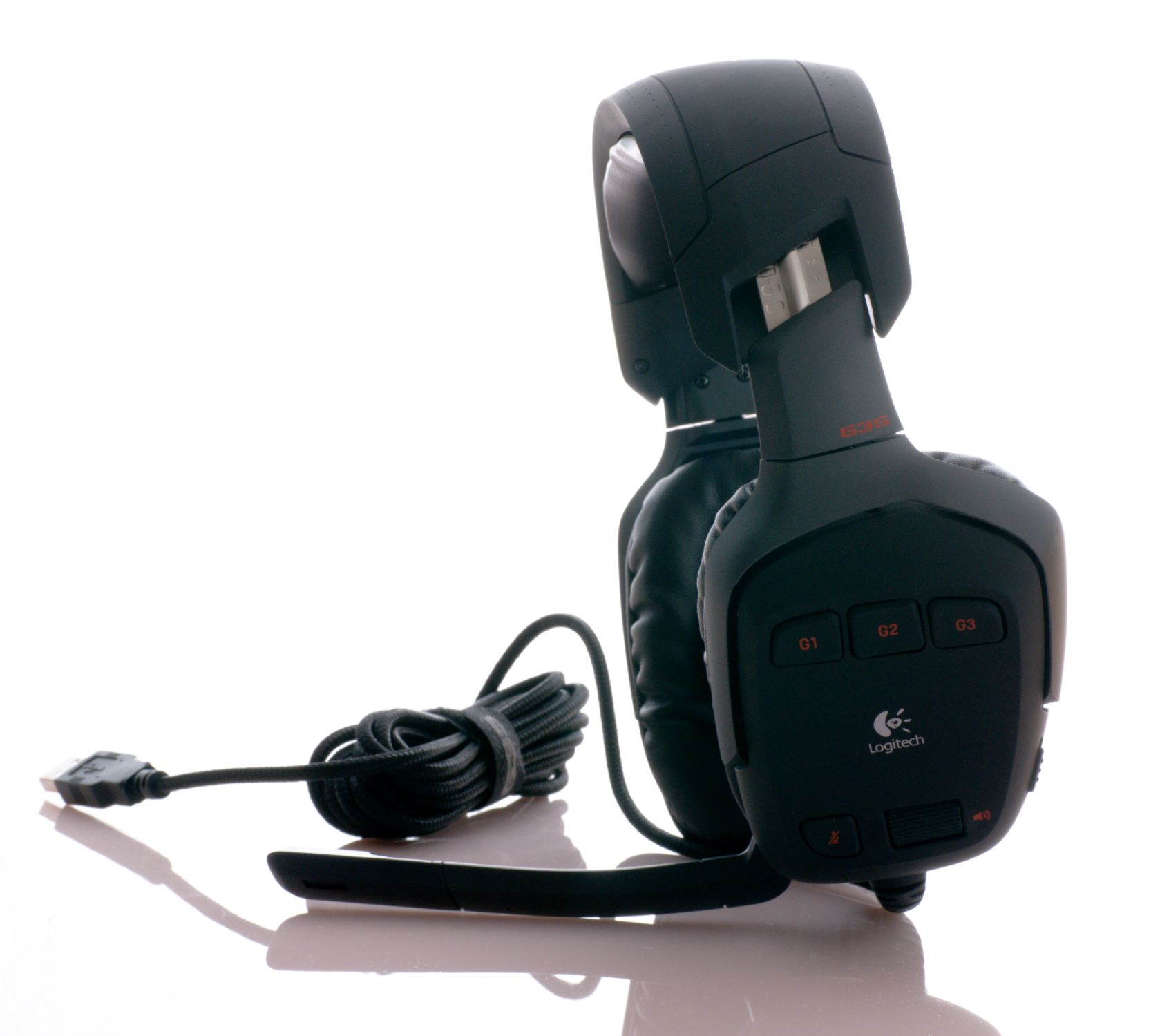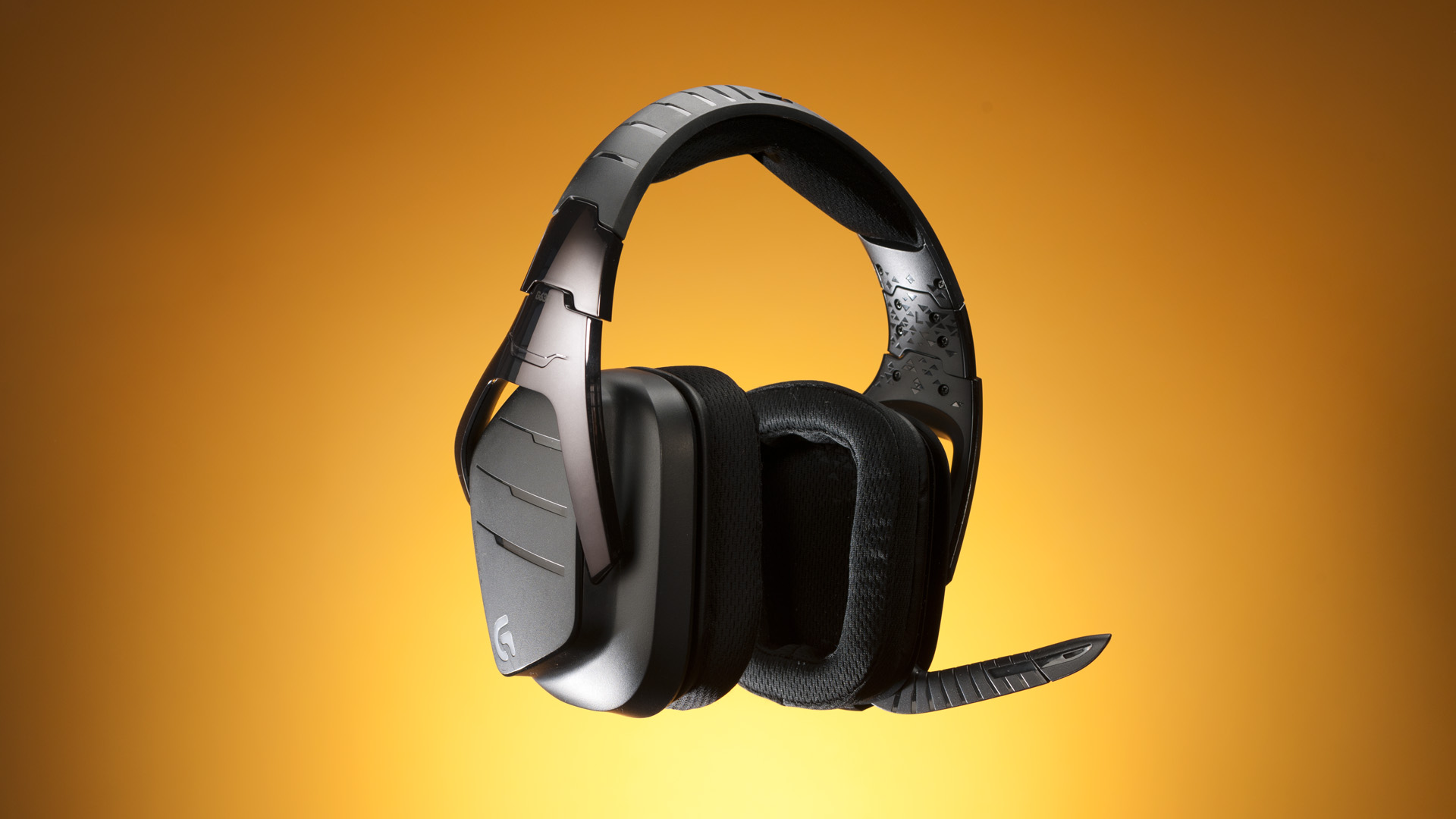Introduction
If you're an avid gamer, chances are you've gone through a few gaming headsets over the years. Whether it's due to an upgrade, wear and tear, or simply a change in preference, you may find yourself wondering what to do with your old gaming headset. Fortunately, there are several options available that can help you make the most of your retired headset while also minimizing its environmental impact.
In this guide, we'll explore some practical and eco-friendly ways to deal with your old gaming headset. From cleaning and maintenance tips to repurposing, donating, and recycling, we'll cover a range of options that cater to different preferences and circumstances. By considering these alternatives, you can extend the lifespan of your headset, reduce electronic waste, and potentially benefit others in the process.
So, whether your headset is showing signs of age, you've upgraded to a new model, or you simply want to declutter your gaming setup, read on to discover the best ways to handle your old gaming headset. Let's delve into the various possibilities and find the most suitable solution for your situation.
Clean and Maintain Your Gaming Headset
Before parting ways with your old gaming headset, consider giving it a thorough cleaning and performing some maintenance to ensure it remains in good condition. This not only prepares it for potential reuse but also maintains its functionality and extends its lifespan. Here are some steps to effectively clean and maintain your gaming headset:
- Surface Cleaning: Use a soft, slightly damp cloth to gently wipe down the exterior surfaces of the headset, including the headband, ear cups, and microphone. Be mindful of any sensitive areas and avoid using excessive moisture that could damage the electronics.
- Ear Cushions and Headband: If your headset has removable ear cushions and headband padding, consider cleaning or replacing them as per the manufacturer’s instructions. Over time, these components can accumulate sweat, oils, and debris, impacting both comfort and hygiene.
- Audio Cables and Connectors: Inspect the cables and connectors for any signs of wear or damage. If necessary, gently clean the connectors with a cotton swab and mild electronics cleaner to ensure optimal connectivity and audio quality.
- Microphone Maintenance: If your headset features a microphone, carefully clean the microphone grille and ensure that it is free from dust or debris. Additionally, check the microphone’s functionality and adjust its position for optimal performance during gaming sessions.
- Storage and Protection: When not in use, store your headset in a clean, dust-free environment, preferably in a protective case or pouch. This helps prevent unnecessary exposure to environmental elements that could degrade the headset over time.
By following these cleaning and maintenance practices, you can keep your old gaming headset in good shape, making it more appealing for potential reuse or donation. Additionally, maintaining your headset in this manner demonstrates responsible ownership and contributes to reducing electronic waste in the long run.
Repurpose Your Old Gaming Headset
When it’s time to retire your gaming headset, consider repurposing it for alternative uses, giving it a new lease on life beyond its original gaming function. Repurposing not only minimizes waste but also allows you to explore creative and practical applications for your old headset. Here are some innovative ways to repurpose your old gaming headset:
- Enhanced Multimedia Experience: Use your headset as a dedicated audio device for watching movies, streaming music, or engaging in virtual meetings. Its immersive audio capabilities can elevate your multimedia experiences, providing high-quality sound without disturbing others.
- Communication and Voice Control: Repurpose the headset’s microphone for voice-controlled tasks, such as interacting with virtual assistants or dictating voice notes. This repurposing can extend the headset’s utility beyond gaming, enhancing productivity and convenience in various settings.
- Education and Language Learning: Donate your old headset to educational institutions, language learning centers, or community programs where it can support language labs, online tutoring sessions, or virtual classrooms. The headset’s audio features can enrich learning experiences for students and educators alike.
- Art and DIY Projects: Disassemble the headset and repurpose its components for creative projects. The ear cups, headband, or microphone can be integrated into art installations, custom headphone designs, or DIY electronics experiments, showcasing the headset’s aesthetic and functional potential in new contexts.
- Assistive Listening Devices: Contribute to accessibility initiatives by repurposing your headset as an assistive listening device for individuals with hearing impairments. By donating it to relevant organizations or individuals in need, you can empower others to engage more fully in various auditory experiences.
By repurposing your old gaming headset, you can explore diverse and meaningful ways to extend its usefulness, benefiting both yourself and others. Embracing creativity and resourcefulness in repurposing fosters a sustainable mindset, promoting the efficient use of electronic devices and reducing their environmental impact.
Donate Your Old Gaming Headset
Donating your old gaming headset can provide an opportunity to support various individuals and organizations while diverting electronic waste from landfills. By contributing to the donation cycle, you can extend the lifespan of your headset and potentially enhance the gaming or audio experiences of others. Here are some avenues for donating your old gaming headset:
- Charitable Organizations: Research local or national charities, community centers, or youth organizations that accept electronic donations. Many of these organizations provide gaming facilities or educational programs where your headset can enrich the experiences of young gamers or learners.
- Schools and Libraries: Contact schools, libraries, or educational institutions to inquire about their technology needs. Your old gaming headset could be utilized in school computer labs, language learning programs, or audio-visual projects, benefiting students and educators alike.
- Online Donation Platforms: Explore online platforms that facilitate the donation of used electronic devices. These platforms often connect donors with individuals or organizations seeking specific tech items, ensuring that your headset finds a purposeful new home.
- Gaming Communities: Engage with gaming communities or forums to offer your headset as a donation to fellow gamers who may not have access to quality gaming equipment. Your contribution can enhance the gaming experiences of enthusiasts who are passionate about gaming but may have limited resources.
- Assistive Technology Programs: Consider donating your headset to programs that support individuals with disabilities. Some organizations repurpose gaming peripherals to create adaptive gaming setups or assistive listening devices, making gaming and multimedia experiences more accessible for diverse users.
By donating your old gaming headset, you can make a meaningful impact on the lives of others while promoting sustainability through reusing electronic devices. Your contribution can empower individuals, enrich educational environments, and foster a sense of community by sharing the joy of gaming and audio experiences.
Recycle Your Old Gaming Headset
When your gaming headset reaches the end of its usable life or cannot be repurposed or donated, recycling offers an environmentally responsible way to dispose of it. Recycling electronic devices, including gaming headsets, helps conserve resources, minimize landfill waste, and prevent the release of hazardous materials into the environment. Here’s how you can effectively recycle your old gaming headset:
- Electronic Recycling Facilities: Locate certified electronic recycling facilities in your area that accept consumer electronics. These facilities have the expertise to disassemble and process electronic devices, ensuring that valuable materials are recovered and hazardous components are handled safely.
- Manufacturer Take-Back Programs: Check if the manufacturer of your gaming headset offers take-back or recycling programs. Many reputable brands have initiatives in place to responsibly manage the disposal of their products, often accepting old devices for recycling or refurbishment.
- Retailer Recycling Initiatives: Inquire with electronic retailers or tech stores about their recycling programs. Some retailers provide convenient drop-off points for old electronics, including gaming peripherals, allowing you to responsibly dispose of your headset while supporting sustainable waste management.
- Community E-Waste Events: Stay informed about local e-waste collection events or recycling drives organized by community groups, environmental organizations, or local authorities. These events offer designated opportunities to safely dispose of electronic devices, including gaming headsets, for proper recycling.
- Mail-In Recycling Services: Explore mail-in recycling services that specialize in processing electronic waste. Some organizations offer prepaid shipping labels for sending old devices for recycling, making the disposal process convenient and accessible, regardless of your location.
By recycling your old gaming headset, you contribute to the circular economy by reclaiming valuable materials and reducing the demand for raw resources. Additionally, responsible recycling helps prevent electronic waste from polluting the environment and supports the sustainable management of electronic products at the end of their lifecycle.
Conclusion
As you contemplate the future of your old gaming headset, it’s essential to consider the diverse options available for handling it responsibly. Whether through cleaning and maintenance, repurposing, donating, or recycling, each approach presents an opportunity to make a positive impact while ensuring that your headset’s journey doesn’t end in a landfill.
By maintaining and cleaning your gaming headset, you can prepare it for potential reuse or donation, extending its lifespan and reducing unnecessary waste. Repurposing the headset for alternative functions showcases its versatility and creativity, offering new possibilities beyond its original gaming role. Furthermore, donating your headset to charitable organizations, educational institutions, or gaming communities allows it to continue enriching the experiences of others, fostering a spirit of generosity and sustainability.
If your headset has reached the end of its usable life, recycling it through certified facilities, manufacturer take-back programs, or retailer initiatives ensures that valuable materials are recovered and hazardous components are handled responsibly. Embracing the recycling option contributes to the conservation of resources and the reduction of electronic waste, aligning with sustainable practices and environmental stewardship.
Ultimately, the decision regarding your old gaming headset reflects a commitment to responsible consumer behavior and environmental consciousness. Whether you choose to extend its life through maintenance, repurpose it for new uses, donate it to benefit others, or recycle it to minimize its environmental impact, your thoughtful consideration contributes to a more sustainable and mindful approach to electronic device management.
By exploring these alternatives and taking proactive steps, you can make a meaningful difference in the lifecycle of your gaming headset, aligning with principles of sustainability and responsible consumption. Your choices not only impact the fate of your headset but also contribute to a larger movement toward reducing electronic waste and promoting the efficient use of resources in a rapidly evolving technological landscape.







